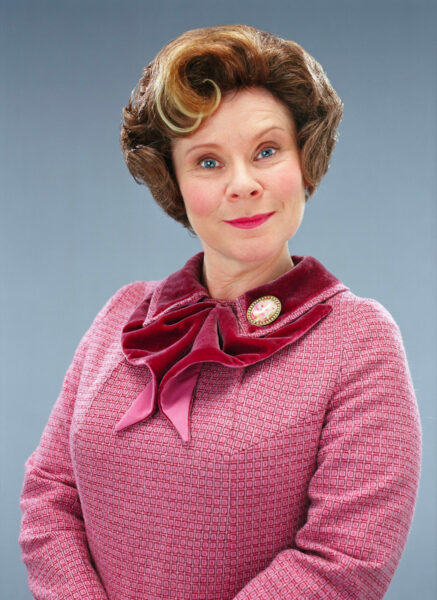I was not well-informed about the goings-on within Vladimir Putin’s Russia even before the Russo-Ukrainian war went into high gear and disrupted all information from that part of the world and I hear much but trust nothing I’ve been hearing since then. kulak, on the other hand, seems to have paid much closer attention to Russian internal affairs, including one particular political assassination:
On August 20, 2022, 29 year old Daria Dugina was killed in a car bombing on the outskirts of Moscow. The bomb, it was widely agreed, had been intended for her father the famed/infamous Russian philosopher Alexander Dugin (whose works are now shockingly hard to get in English and appears on my “Real Banned Books List“), and while there were lots of deflections and denials, it was fairly widely agreed the plot had been carried out with US and UK backing by Ukrainian-aligned insurgents and agents within Russia.
Indeed many US aligned “Journalists”, “Open Source Intelligence” types, Bellingcat-associated influencers, and other CIA-aligned carve outs openly CELEBRATED the death of Daria, since she had been involved in Putin-aligned political youth organizing.
Of course, the fact political volunteers and door knockers have NEVER been considered legitimate military targets, nor the fact the real target was a PHILOSOPHER and everything he had ever done would have been perfectly legal to do even within the United States under the auspices of the first amendment … that somehow never occurred to these commentators. Nor the wider US intellectual class, and somehow neither did the natural logical conclusion.
Russia is by and large NOT run by its political organizers and academics. You could probably kill 1000 Russian university professors and it wouldn’t unbalance the Russian state too extraordinarily. Russia is run by a combination of old Soviet secret policemen, gangsters, and crooked/”reformed” oligarchs all attempting to reorganize themselves into a somewhat respectable upper-class, with a blend of impressive and farcical results.
Before he was killed in an internal power struggle the former head of Wagner PMC Yevgeny Prigozhin embodied this, turning from a St. Petersburg gangster, to a prisoner, to a (definitely money laundering) caterer for the presidential palace, to the head of a PMC mercenary company. Every prominent person in Russia has a career like this Right down to Putin going from a KGB officer, to a gangster/political fixer, to president … Every elite member of Russian society is basically leading a life ripped right from Grand Theft Auto IV, complete with the eternal struggles of trying to “go legit” and formalize everything as a normal upper-class elite, to being dragged back into gangsterism or even Soviet power struggles by their complex past.
Put simply the actual Russian Elite are not people very intimidated by assassination. They’ve all known people to be killed in power struggles, espionage, and criminal altercations, and are used to the anxiety that death might wait for them around the corner. And the US and Ukraine lashing out at academics who might be intimidated doesn’t really affect them.
However, if the Russian state did the logical tit-for-tat escalation and responded in kind … that would shake America to its knees. America actually IS run by its academics, political organizers, and bureaucrats. And almost none of the people with power have a gangster or KGB agent’s stoic familiarity with death and danger.
Killing a Russian Academics daughter did very little to the Russian state… It’d be a very different story for Russia’s armed agents to do the same in America and kill Chelsea Clinton, daughter of current Columbia professor Hillary Clinton.
It’s be a very different story if Russia assassinated Brookings senior fellow Robert Kagan, husband of former under-secretary of state Victoria Nuland. Or any number of Harvard, Stanford, Yale or Princeton political philosophers or International Relations commentators, or members of their family.
One can imagine the headlines if John Hopkins and RAND fellow Francis Fukuyama was so killed:
“It is the end of Fukuyama”
– History
And again remember, though the various income streams of the US elite may resemble embezzlement, protection rackets, and money laundering … these aren’t gangsters. These are complacent, highly agreeable, shockingly unoriginal and cowardly … academics and bureaucrats.
Indeed one can imagine Putin weighing the risk of such a reprisal and then deciding against it, not out of ethical concerns, but because the American ruling class is too unpredictable and prone to womanly hysterias.
Indeed amongst the few senior American and Ukrainian officials who knew of the attack beforehand you can imagine them salivating that Putin might respond in kind and the subsequent freakout might commit the US to joining the war (one of the few scenarios where Ukraine could possible survive against their overwhelming odds).








